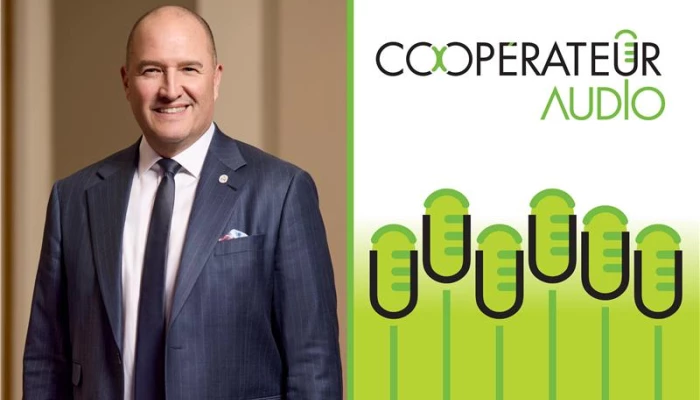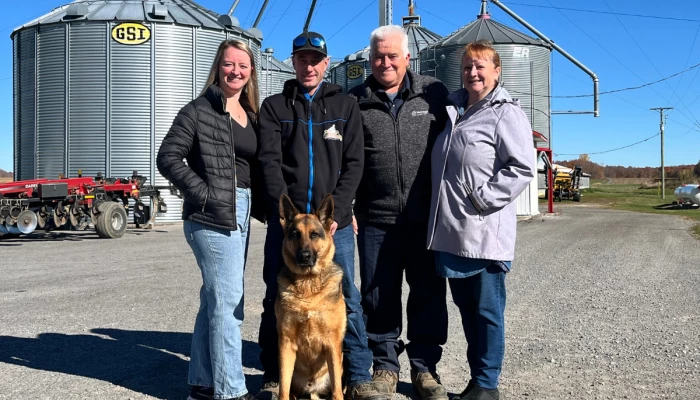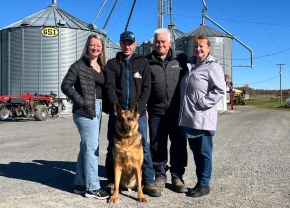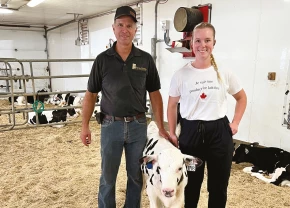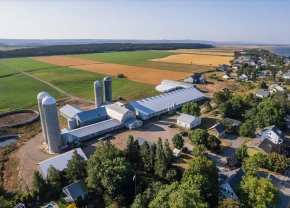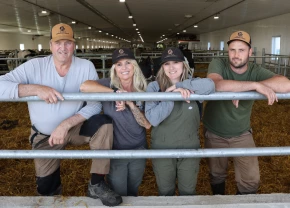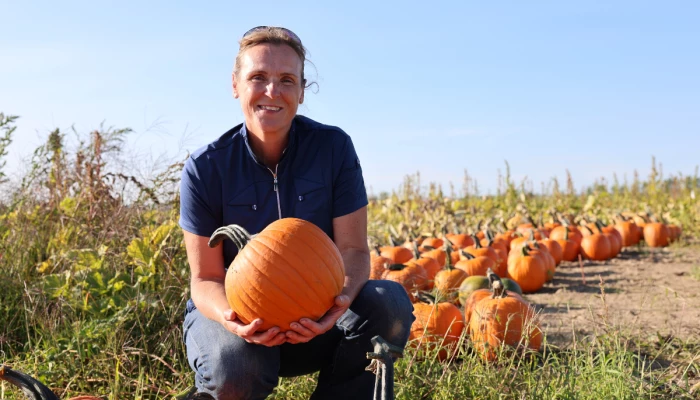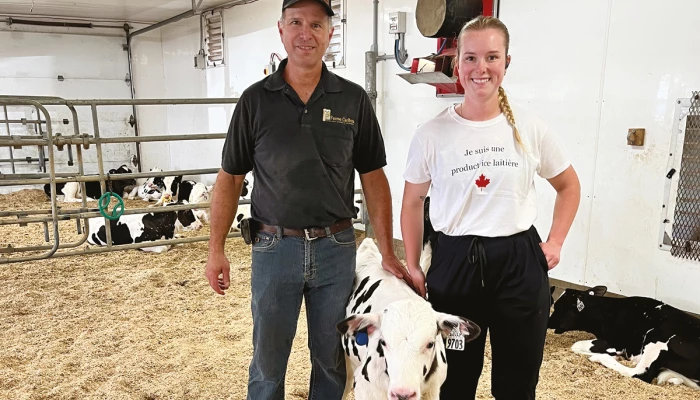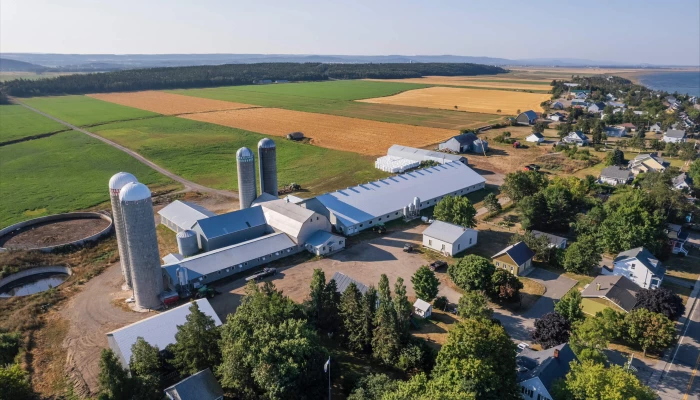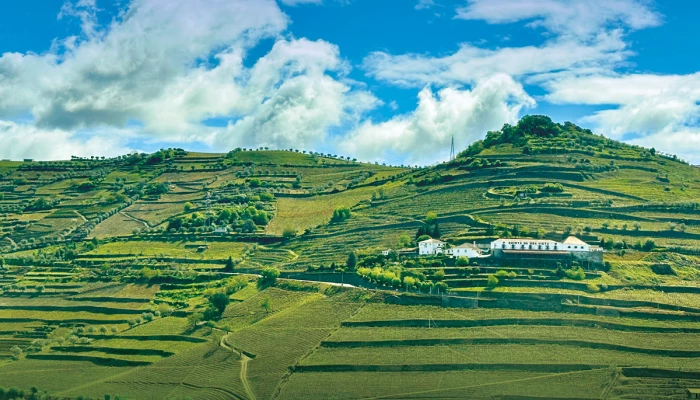Familles agricoles
Familles agricoles
Contenu en vedette
Les grands et les petits moments qui rythment la vie agricole et la ferme, les innovations ingénieuses d’agricultrices et d’agriculteurs, les défis traversés avec résilience ou les succès remportés avec passion : c’est à travers les reportages de ferme et les portraits de relève agricole que se racontent les histoires quotidiennes et humaines de l’agriculture.
À la Ferme J.C. Perreault & Fils, à Saint-Alexis, la troisième génération est déjà bien en selle pour assurer la pérennité de l’entreprise.
Derrière plusieurs de vos oignons, carottes, courges, tomates et brocolis québécois se cache un fournisseur et chercheur méconnu : Norseco.
La Ferme Caribou témoigne de son expérience avec les systèmes de surveillance CattleEye et SenseHub.
Faire partie de la relève en agriculture a toujours comporté sa part de défis. Voici les enjeux actuels selon trois experts.
Les vignerons portugais jonglent entre agriculture raisonnée, défis de main-d'oeuvre, transmission familiale et coût des terres.


